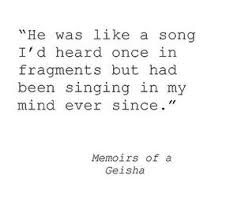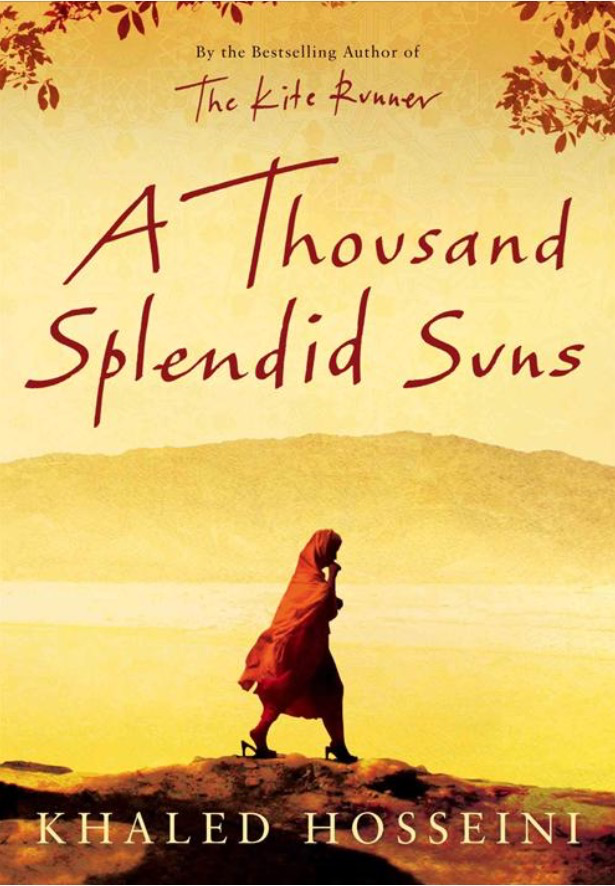Today, I was lying in Pilates class as the instructor pushed my legs over my head, with my glutes burning like she’d just lit a pile of a-grade Namibian hardwood under them, when I had a eureka moment.
As I stretched my neck out, legs dangling over me, I noticed that outside, rain was softly falling against the glass studio doors as a rumble of thunder interrupted the oh-so-zen music playing from the sound system. From this particularly picturesque spot (Rosebank, holla) you can see right across the city. The spire of the Carlton tower rises up out of the sprawl of Joburg, along with the iconic Ponty Tower and Helen Joseph Hospital. From here, I can see a panorama from the very green Edenvale and Sylvia’s Pass to the water tower of Northcliff, with the rolling Jacaranda-covered hills of Westcliff nestled in between. Above this cityscape, the moody thunder clouds are roiling around, purple, grey and black, clearing for what is set to be a sunny scorcher (at 32 degrees).
My eureka moment was this: I love this city.
If you’ve followed this blog for some time (shout-out Darrel H). You may know that we moved to Joburg about two years ago (read about that experience here). This was really hard for me, because having spent 20 years living in Cape Town, my experience of Joburg was an extremely negative one, as is the impression/expectation of most Capetonians.
Part of my eureka moment was influenced by the 3-weeks I’ve just spent in, what is undoubtedly, the exquisite Mother City. Because we have family there, we’re fortunate enough to be able to stay in beautiful places (I mean, vineyards and mountains for miles, right?) in the Boland for long stretches at a time without paying the exorbitant fees tourists would.
Despite a delightful holiday, it’s super tempting for me to launch into a slate of the Mother City right now (the people are awfully unfriendly, food prices are equivalent to daylight robbery, the wind is endless, the poverty extreme, and the drivers are reckless and aggressive). But I won’t, because this post is more about the virtues of Joburg than the foibles of Cape Town.
So here we go, why I love my new city:
- The inescapable warmth
Everything about Joburg is warm. The people, the weather, the atmosphere even the winters (defrosting in the sun after those -1 mornings is essential). I don’t know if the deliciously warm days, tempered by magnificent thunderstorms by night are what make the people here so friendly, but I love being able to get in a lift and have pleasant conversations with random strangers. Shared experiences are what this city is all about. Everyone is agreeable, warm, welcoming, and you never know when someone will strike up a conversation with you for no reason. Plans with friends here can be impromptu, without the need to check calendars weeks in advance, and we’ve found a couple of couples (haha!) who just want to be mates, no games or politics required. - The unforgettable nights
Joburg pumps, all.the.time. It’s called the New York of Africa for a reason. If you’re a close friend, I may have regaled you with some of the late night stories I’ve collected since settling here, but I’ve had many, many memorable moments across this city. One of my particular favourites was driving in the streets of Parktown North in a drop-top Audi, squished in the back on a winters night, the stars clear above us en route to find a late night dinner at Blind Tiger. One of my fellow travellers looked up and simply stated: “I f#@$ing love this city.”
Yeah, I have to agree. - The ability to do whatever I want to
Another name for Joburg is the City of Gold. One of the reasons we moved here initially were economic. The fact is, in Cape Town I had to work two jobs and weekends to get by, and I don’t have to do that now. Food here is cheaper too, and the restaurant culture booms. But of course, it’s not just about the money (which let’s be honest, is really nice), it’s about the proximity. Joburg is closer to a lot of the great things our country has to offer: The Bush (Kruger, Pilanesberg, Welgevonden) Clarens, The Midlands, Umhlanga, and neighbouring countries like Botswana, Swaziland and Mozambique. And yes Cape Town, Joburg also has some truly exquisite hiking routes, which brings me to my next point… - Stepping out your door, getting swept up in the hustle
Like any great city, the thread that underlies the beating heart of Joburg (besides the veins of gold beneath our feet) is it’s energy. People are here to get things done, stuff is always happening, be it for work or play. In fact, if I had to sum up the city in one phrase, it would definitely be the cliche: work hard, play hard. I was so anxious that when we lived here, we would be bored, and there have been weekends and nights that are slow. But most of the time, I feel like if I step out my door, I’ll be swept up into something unexpected and exciting. As above, there’s so much to do here, from hiking trails to quality markets (Maboneng, Bram), going to theatre, eating out (seriously, I think I need to do a post just about the Joburg foodie culture), picnics at Emmarentia, live bands, running at Delta Park, our local wine farm (yes, you heard right) and endless other activities and events.
I never thought I’d be that person, but yes, after two years I can definitely say that Joburg is one of the great loves of my life, and you couldn’t lure me back to Cape Town, even with a drop-top Audi.
*This header image was borrowed from the Twitter account of Ulrich Janse van Vuuren, a brilliant photographer and lover of Joburg. Below are some of my own pics and moments of this city.























